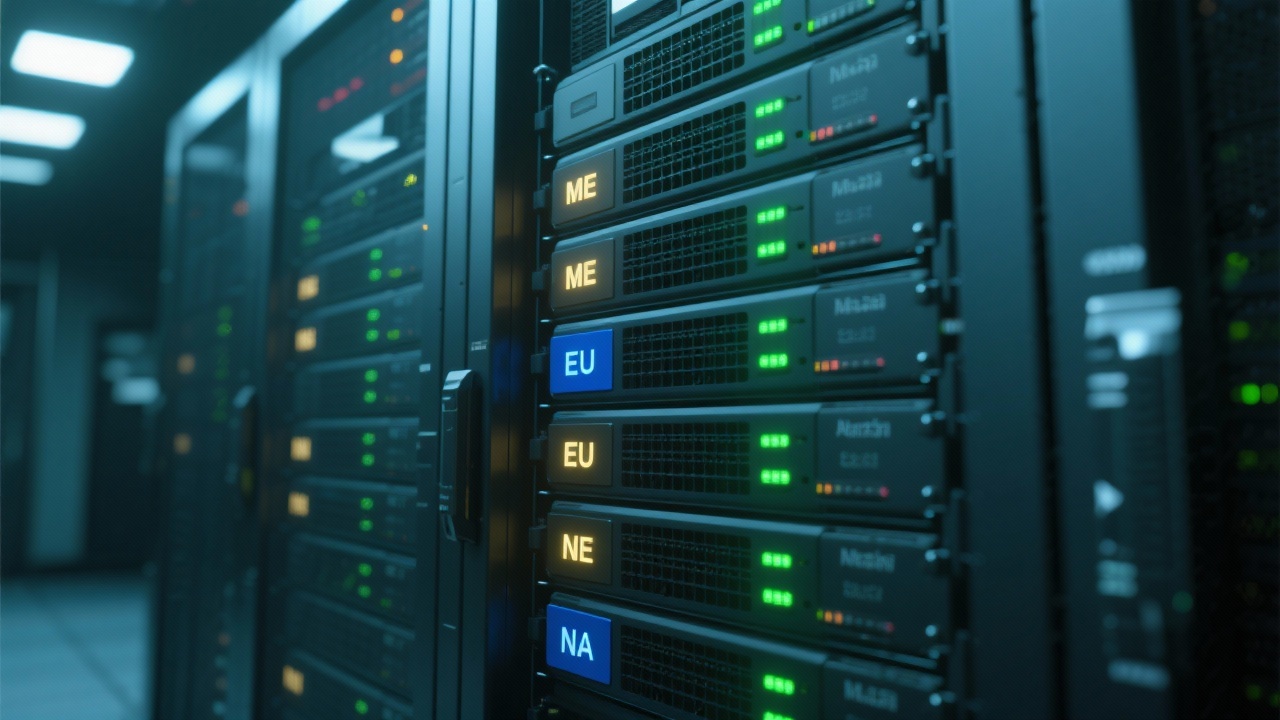 400-076-6558智领未来,外贸超级营销员
400-076-6558智领未来,外贸超级营销员
 400-076-6558智领未来,外贸超级营销员
400-076-6558智领未来,外贸超级营销员

FCC certification holds a significant legal position in the North American market. In the United States, it is a mandatory requirement for many electronic products, especially wireless devices. For B2B enterprises looking to expand into the US market, obtaining FCC certification is not just a legal obligation but also a key factor in enhancing market competitiveness. According to industry statistics, over 80% of wireless device exporters to the US need to go through FCC certification to ensure their products can be legally sold in the market.

There are various types of wireless devices, such as Wi - Fi modules, Bluetooth devices, and RF transmitters. Each type has its own certification classification and applicable standards. For example, Wi - Fi modules usually fall under the Part 15 sub - part C of the FCC rules, which have specific requirements for emission limits and frequency bands. Bluetooth devices, on the other hand, are also regulated by Part 15, but with different testing parameters. The following table shows a comparison of the certification requirements for different wireless devices:
| Device Type | Certification Classification | Applicable Standards |
|---|---|---|
| Wi - Fi Module | Part 15 sub - part C | Emission limits, Frequency bands |
| Bluetooth Device | Part 15 | Specific testing parameters |
| RF Transmitter | Part 18 (in some cases) | Power limits, Modulation characteristics |
Determining whether a wireless device needs FCC certification depends on several factors, such as the type of wireless technology used, the frequency range, and the intended use of the device. Generally, if a device emits radio frequency energy, it is likely to require FCC certification. However, some low - power devices may be exempt. For example, devices with a power output below a certain threshold may not need full - scale certification.
When choosing a testing laboratory for FCC certification, enterprises should consider factors such as the laboratory's accreditation, experience in handling similar products, and turnaround time. An accredited laboratory ensures that the test results are recognized by the FCC. It is also recommended to choose a laboratory with a good reputation in the industry, as they are more likely to provide accurate and reliable test reports.
The FCC requires that certified products be labeled with specific information, including the FCC ID number and a statement indicating compliance. The label should be clearly visible and durable. Incorrect label attachment can lead to non - compliance issues and potential fines.

Based on real - world cases, common errors in certification material preparation include incomplete documentation, incorrect test data, and missing signatures. For example, some enterprises may forget to include the user manual or the schematic diagram in the application package. To address these issues, enterprises should establish a checklist and conduct a thorough review before submitting the materials. They can also seek the help of professional consultants to ensure the accuracy and completeness of the documentation.
Early planning and the establishment of an internal compliance system are crucial for enterprises. By proactively managing the FCC certification process, enterprises can avoid last - minute rush and potential compliance failures. An internal compliance system can help enterprises keep track of the certification requirements, update the product design according to the latest standards, and ensure that all employees are aware of their responsibilities in the certification process. This shift from passive response to active management can significantly improve the efficiency and effectiveness of the certification process.

To avoid delays in customs clearance due to certification omissions and to quickly obtain the pass to the US market, it is essential for B2B enterprises to understand and comply with the FCC certification requirements. If you need more in - depth guidance on FCC certification for your wireless devices, click here to access our comprehensive FCC compliance guide.
.png?x-oss-process=image/resize,h_100,m_lfit/format,webp)
.png?x-oss-process=image/resize,h_100,m_lfit/format,webp)

.png?x-oss-process=image/resize,h_100,m_lfit/format,webp)
.png?x-oss-process=image/resize,h_100,m_lfit/format,webp)
.png?x-oss-process=image/resize,h_100,m_lfit/format,webp)
.png?x-oss-process=image/resize,h_100,m_lfit/format,webp)
